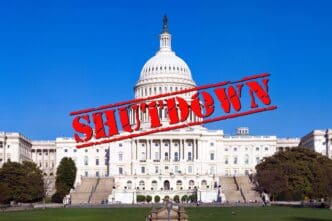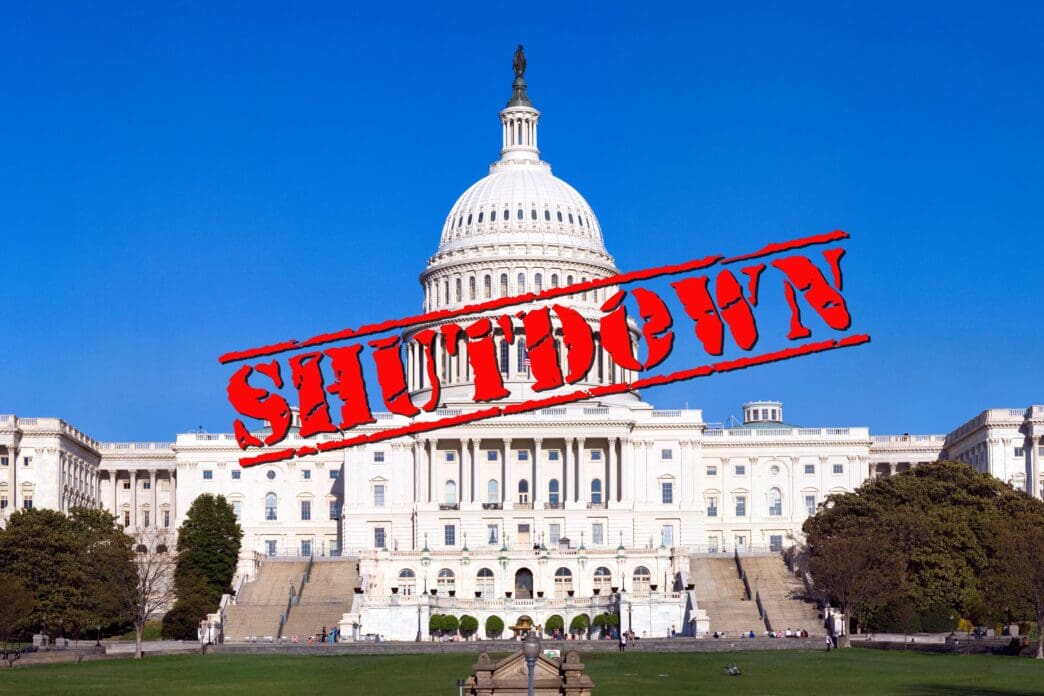Executive Summary
The Story So Far
Why This Matters
Who Thinks What?
A government shutdown began on Wednesday, October 2, 2025, after Democrats withheld votes on a “clean” continuing resolution, demanding the extension of enhanced Affordable Care Act (ACA) subsidies. Initial polling suggests that Democrats may possess more leverage in this standoff than is typically seen in such disputes, with a significant portion of the public placing blame on Republicans and supporting the Democrats’ policy demands.
Shifting Blame and Public Opinion
Conventional wisdom often holds that the side initiating a government shutdown by making demands for extraneous policy changes ultimately faces public disapproval. Senator Mitch McConnell, a Republican from Kentucky, reiterated this view, stating on X that “taking basic government functions hostage for partisan demands never pays.”
However, recent polling indicates a potential deviation from this pattern. A Washington Post poll conducted on the day the shutdown began, October 2, 2025, found that 47% of Americans held President Donald Trump and Republicans “mainly responsible” for the shutdown, compared to 30% who blamed Democrats. This allocation of blame is notably different from previous shutdowns, where Republicans faced greater criticism for similar actions, such as efforts to defund Obamacare or secure funding for a border wall.
Popularity of ACA Subsidies
The poll also highlighted strong public support for the policy Democrats are advocating. Americans expressed a 71%-29% preference for extending the enhanced ACA subsidies. Critically, 47% of respondents stated that Democrats should continue demanding the extension of these subsidies “even if it continues the government shutdown.”
This level of support for continuing a shutdown over a specific demand is higher than observed in past instances. For example, during the 2013 shutdown over Obamacare defunding, only about 2 in 10 Americans believed it was worth risking a shutdown. Similarly, in 2019, fewer than 3 in 10 Americans supported a shutdown over border wall funding.
Further corroborating these findings, a Strength in Numbers/Verasight poll from mid-September indicated that 52%-36% of Americans believed Democrats should withhold their votes unless Republicans agreed to restore funding for certain government healthcare programs. This poll also suggested that Republicans would receive more blame in the event of a shutdown, with 35% blaming Republicans versus 24% blaming Democrats.
Republican Response and Internal Discomfort
In response to the Democratic demands, Republicans have stated a willingness to negotiate but insist that talks should not occur while the government is shut down. Democrats counter that insurers require immediate clarity regarding the subsidies to plan for potential premium hikes, making timely negotiations essential.
The GOP has also made unsubstantiated claims that the subsidies would provide healthcare to undocumented immigrants. Additionally, the Trump administration has threatened “politically targeted” cuts to government employees and spending. Some Republican lawmakers, including Senator Kevin Cramer of North Dakota, have expressed discomfort with these proposed cuts, citing potential political backlash.
Outlook on the Standoff
While Democrats appear to hold an unusual degree of leverage in the current government shutdown, the long-term political impact remains uncertain. Public patience could wane as the shutdown progresses, potentially shifting public opinion. However, for now, the dynamics of this particular standoff present a departure from historical patterns.








